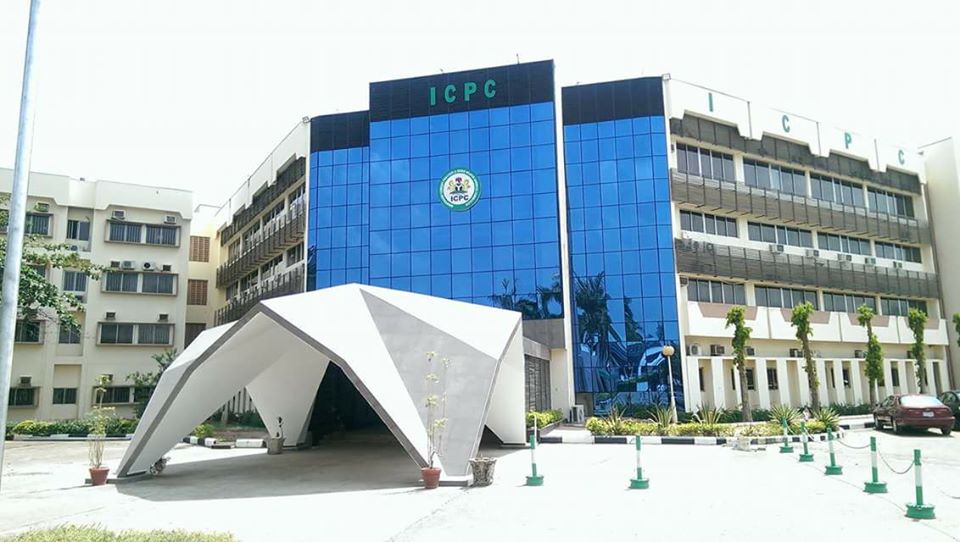The Chairman of Independent Corrupt Practices and other related offences Commission (ICPC) Mr Ekpo Nta has lamented the inability of Nigeria to access stolen assets from where corrupt Nigerians lodged them.
He said only small percentage of recovered stolen assets had so far been returned to victim-states by the receiving-states where such assets where stashed.
Ekpo Nta made this known during the J. K. Gadzama 7th Annual Public Lecture which held at the Sheraton Hotels and Towers Abuja on Thursday.
The ICPC boss was the Chairman during the public lecture themed; “Money Laundering and Financial Crime: Problems of International Enforcement”.
He said, “It is not enough to recover stolen assets, but priority must be paid to the systematic and timely return of such stolen assets money to their countries of origin.”
Nta told the audience, which included two former Chief Justices of Nigeria: Justice Muhammed Lawal Uwais (GCON) and Justice Alfa Belgore that the delay in the return of the recovered stolen funds “is now attracting discussions at the appropriate international fora on ways of reducing or eliminating discordant national laws or processes that hamper the tracing, recovery and repatriation of stolen assets especially to third world countries.”
He said the sophistication of money laundering and related offences had been growing geometrically to the extent that normal national and international policing could not keep pace.
This, he said, had resulted in the setting up of specialized inter-governmental bodies like the United Nations Office on Drugs and Crime (UNODC), international initiatives like the Stolen Asset Recovery Initiative (STAR).
According to him, The STAR initiative is a partnership arrangement between the World Bank and the UNODC to “reduce or end safe havens for corrupt funds and the laundering of proceeds of corruption and facilitate the systemic and timely return of such stolen assets”.
Nta assured the organisers of the annual lecture that ICPC would assist them to bring into public domain, especially at international fora, positions that come out of this J. K. Gadzama Lecture.
He added, “It is the paucity of materials coming out of Africa that is making the Western world give us prescriptive methods to tackle the problems of corruption. But we have the capacity and resources to address the issue of corruption in the continent.”
The Guest Lecturer, Mr Alun Jones, QC from the UK said that the delay in implementing laws against money laundering and financial crimes was due to the fact that most national governments “do not have the will, resources, or expertise to deal with them. Sometimes, it seems to me, they simply lack the confidence or courage to implement them”, he stressed.
Mr Jones advised Nigerian government to consider ad hoc negotiations, in addition to fully exploiting the options available under bilateral extradition treaties, to fast-track the recovery of stolen funds from Nigeria.
He opined that the lack of expertise, issue of ‘forum’ and the balance of convenience for the successful prosecution of trans-national money laundering criminal activities had contributed to the long delays associated with the repatriation of recovered assets.


